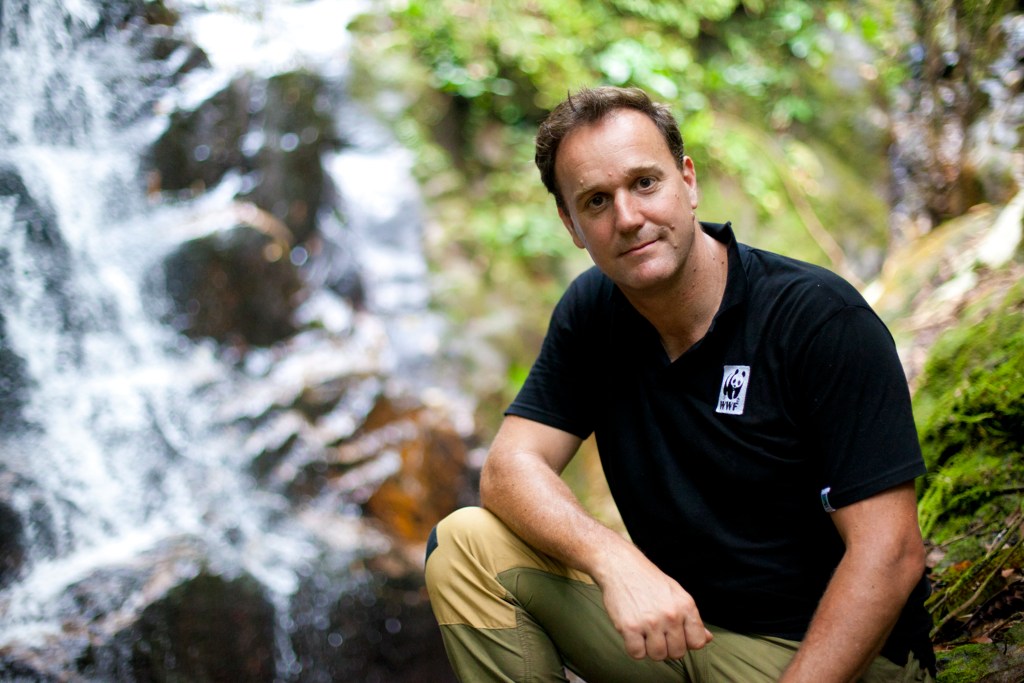If COP31 is our Olympic moment on climate action, then Australian businesses should be going for gold.

On the eve of the COP27 climate summit in Egypt last month, Australia announced its bid to host COP31 in 2026 in partnership with the Pacific. This is big news in the climate world, but why should Australia’s business leaders care?
The UN Framework Convention on Climate Change holds a Conference of the Parties (COP) every year. These gatherings bring together not only every UN member country, but also the world’s leading thinkers on climate, businesses sharing new technologies, and groups focused on solving the climate crisis.
Australia has had a reputation of being a climate “laggard” at these gatherings.
As one of the world’s largest fossil fuel exporters, our credibility in the global race to net zero has come under great scrutiny, and we have missed out on opportunities to deepen our commercial and industrial relationships.
However, we have the resources and expertise to become a renewable energy export superpower. This is a massive opportunity for our nation — and one that’s within reach.
Our states and territories are already working to seize this opportunity. WWF-Australia’s recent Renewable Superpower Scorecard shows all governments have lifted their ambition enormously.
Australian businesses are also playing a major role in what is the largest energy transformation in a century — leading the way in delivering clean energy solutions, including grids, batteries, and electric vehicles.
Our skills in the clean energy sector have become a sought-after resource around the globe.
The perception of Australia lagging behind on climate action is starting to change. But we’re yet to show the world our vision for COP31.
The stakes of hosting COP31 are high. Done well, the conference will play a big role in setting Australia on the right path towards net zero by 2050. It can catalyse climate action, spur investment, establish clear timelines to exit fossil fuels, and ensure the perspectives of our Pacific neighbours are central to building resilience to climate impacts.
What kind of COP does the world need in 2026?
Climate COPs were once seen very much as government events. But in recent years, the role of the private sector, not-for-profits, and big philanthropy has grown enormously.
Sub-themes — such as oceans, water, food, and financing — have dedicated days at the conference and present great opportunities to develop cross-sectoral solutions. There has also been a growing focus on public-private partnerships, developing pathways for governments to work with business to solve the climate crisis.
With the rapid evolution of COPs, disruptive changes in renewable energy, and increase in devastating climate disasters, Australia and the Pacific have just four years to consider this big question: how do we design a COP the world needs in 2026?
COP31 must be a net-zero and nature-positive event — one that puts the wellbeing and justice of communities front and centre.
The prosperity of people and the planet requires an economy that is circular, regenerative, and purpose-driven, not a linear industrial machine that consumes resources relentlessly for growth. This means finding new and innovative ways to feed, clothe, house, and provide energy to people equitably, while maintaining a healthy planet.
If Australia is serious about hosting a COP with the Pacific, we need to present our vision for a regenerative and inclusive climate summit.
Australia’s Olympic moment
COP31 can be our Olympic moment on climate action.
The event would put the eyes of the world on Australia and the Pacific. It would bring investment to our shores and shine the spotlight on local businesses that are leading the transition towards net zero.
Some 35,000 people attended COP27 in Egypt last month. We can expect at least this many in November 2026.
But we cannot have a mindset of waiting four years for the world to come to us.
The hard work starts now. Australia needs to lead by example and build a climate action suite that is the envy of the world.
So, returning to the question, why should businesses care about Australia’s bid to host COP31?
Because there are three giant areas of opportunity that we cannot miss: commercial, ethical, and people.
Firstly, if Australia transforms into a renewable energy superpower, it will open up immense commercial opportunities for businesses, both domestically and internationally.
COP31 also represents a chance for Australian businesses to demonstrate their commitment to a carbon-neutral and nature-positive world, as they decarbonise their supply chains and achieve science-based targets.
The “people” opportunity is another one that businesses shouldn’t overlook. Everyone in a business, from C-suite and management teams to frontline employees and production workers, must be given a chance to participate in climate action and contribute to making a difference. The more people involved, the closer we get to our goals.
The global race to decarbonise is happening now.
If COP31 is our Olympic moment on climate action, then Australian businesses should be going for gold.
Dermot O’Gorman is the CEO of WWF-Australia, a global leader with 25 years’ experience in envisioning, ideating, and implementing local to planetary scale regenerative solutions for nature, communities and the climate crisis.